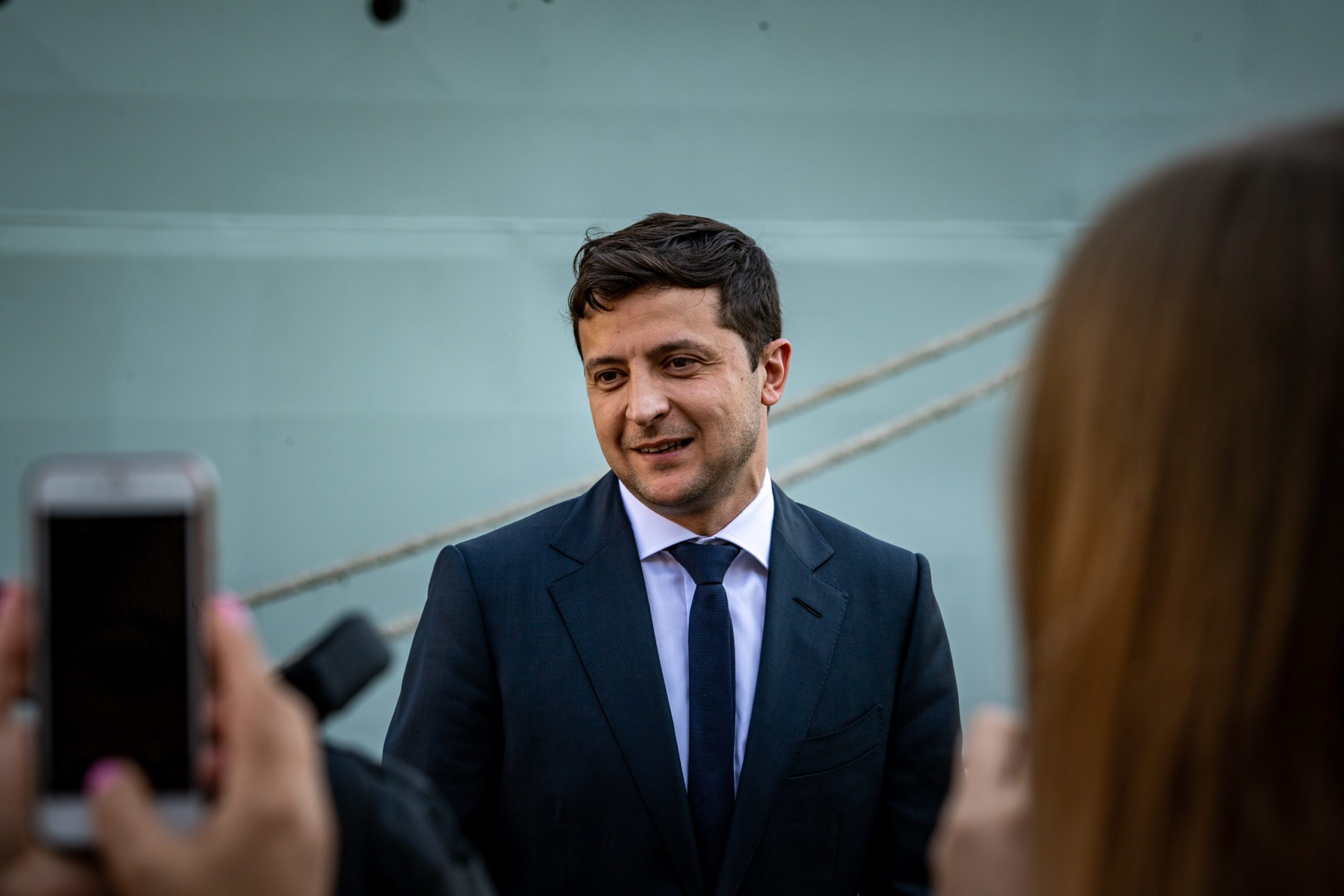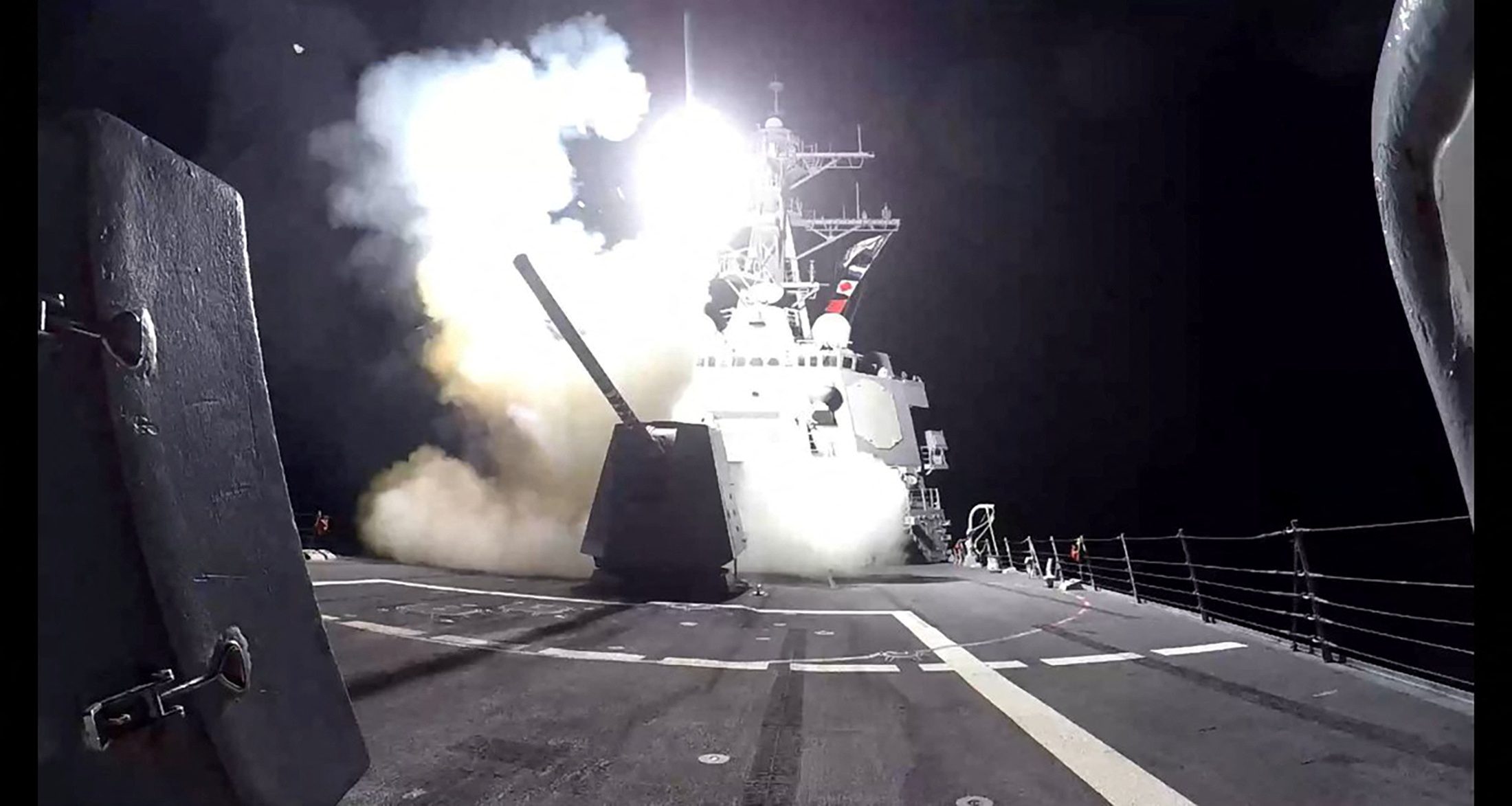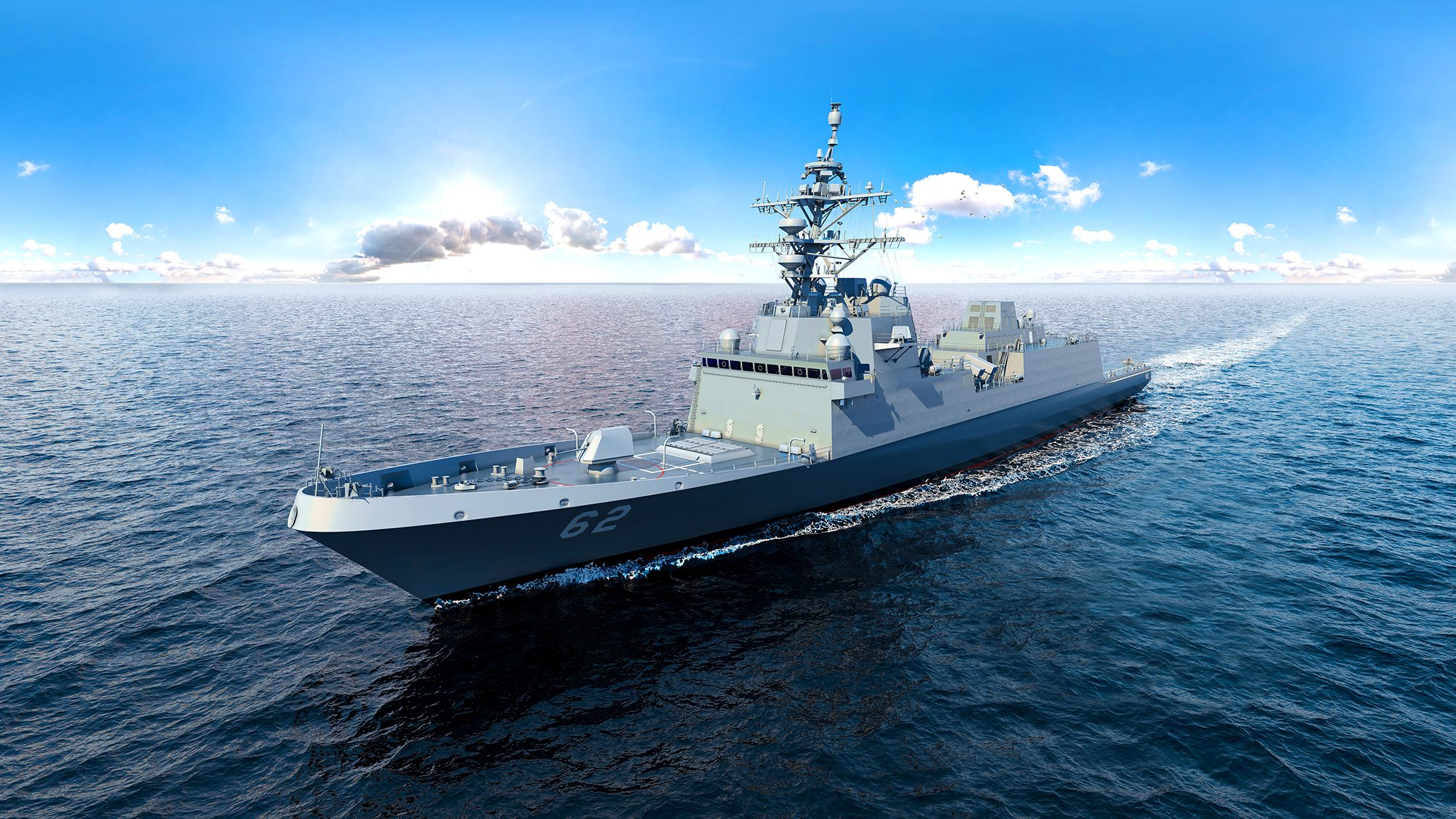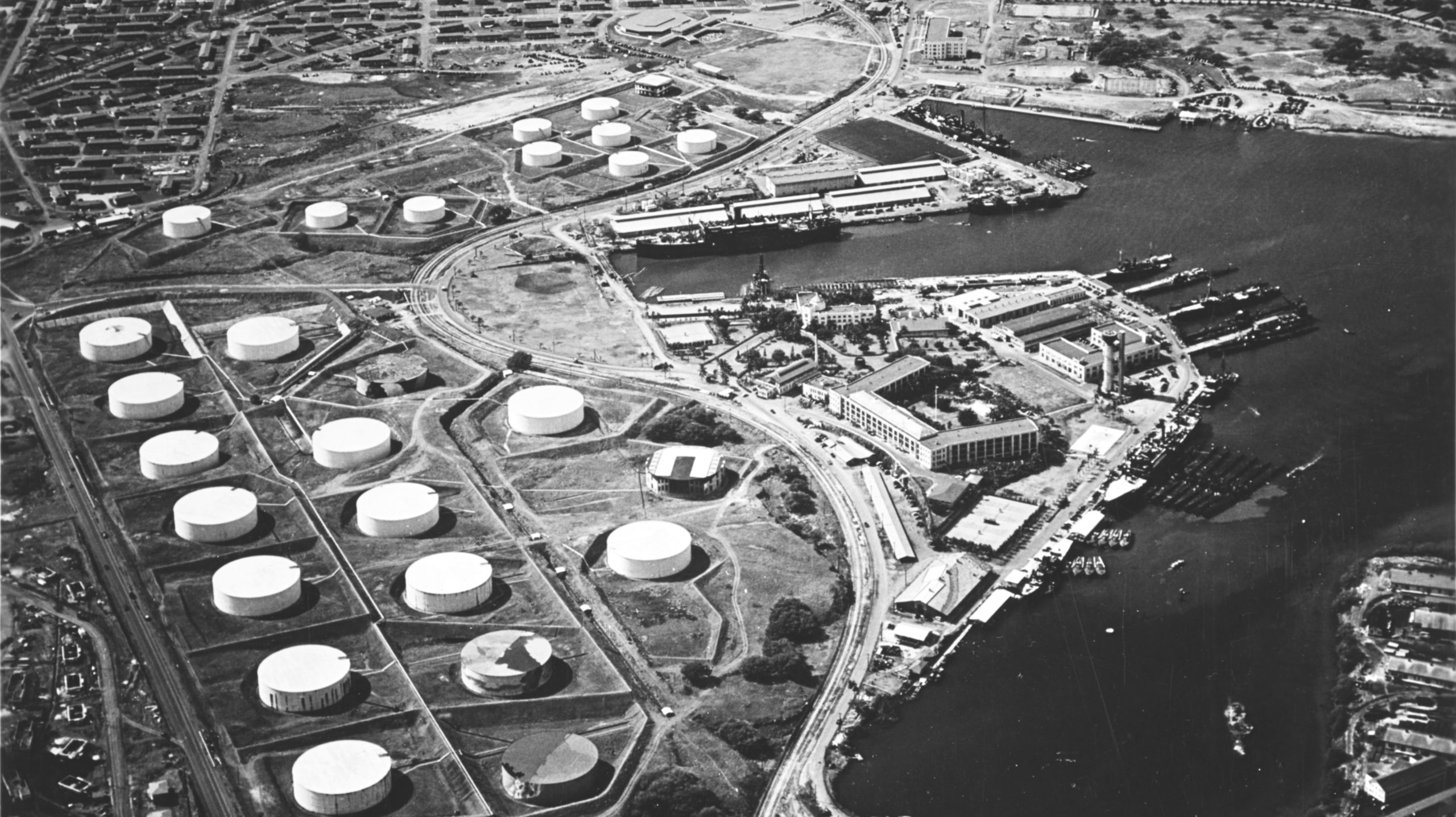by John Konrad (gCaptain) Yesterday at an Economist forum in Athens, Ukrainian President Volodymyr Zelenskyy blamed Greek tanker owners for undermining economic sanctions by moving Russian oil.
“We see Greek companies providing almost the largest tanker fleet for the transportation of Russian oil,” said Zelenskyy. “I am sure that this does not meet the interests of Europe, Greece or Ukraine. This is just one example of the need for even greater unity so that Russia is forced to seek peaceful solutions.”
Despite selling oil at a discount, Russia has profited from the increased price of oil while Greek ship owners have profited from the longer voyages Russian oil must take to reach Asia.
Greek owners are reframing the debate as one of legality. “What the Greek tonnage is transporting is oil that has been already contracted and is fully approved by the EU,” Greek owner Evangelos Marinakis told Tradewinds. “It’s something that our countries desperately need. It’s not like we’re violating any law or any embargo — it’s something that is needed, and thank God we’re here to provide stability.”
Using Russian cargo to paydown over-extended loans and fortify balance sheets after a decade-long slump in oil would send many owners to their knees in thanks but to suggest they are doing god’s work of proving global “price stability” is a reach.
It’s also hypocritical to point fingers at EU lawmakers while the greek shipping lobby continues to fight sanctions. Last month Greece was among the member states that pushed the provision on exporting to third countries to be dropped from the EU’s sixth package of sanctions over Russia’s invasion of Ukraine, the people said. The lack of a single position among Group of Seven nations was central to the proposal being dropped.
War Risk
This is not the first time shipowners willing to assume war risk have profited. Nicknamed the “Ayatollah’s Lifeline” by some, shipping magnate John Fredriksen has a long history of putting ships crews and the environment at risk. He first got into oil trading in the 1960s in Beirut, Lebanon, before buying his first tankers in the 1970s and made his fortune during the Iran–Iraq War in the 1980s, when his tankers picked up oil at enormous risk.
Yet Russia’s actions against Ukraine are even too much for Fredriksen. In May, his Frontline Tankers ($FRO) stopped entering the Black Sea to pick up oil. “We’re taking a very low-risk approach,” said Barstad. “We don’t want to meddle in this market.” He also admitted that he believes oil and products will keep moving as long as there is demand and a few daredevil shipowners eager for the risk premium. Some Greek shipowners have proved him right.
Black Sea Mines
Comparing the Black Sea of today to the Persian Gulf of the Iran–Iraq War might be a stretch. When gCaptain first made that comparison in early May, NATO warned that mines were drifting throughout the Black Sea, Russia was threatening NATO convoys with submarine attacks, and marine insurance companies were less certain about war risk.
Today, thanks in part to Turkey’s refusal to allow NATO ships into the Black Sea and the US Navy’s fear of escalating tensions, much of the Northern and Western Black Sea remain dangerous according to NATO issued navigational warnings, but the Russian-controlled Eastern Black Sea, including the important Russia’s Northern Black Sea oil port of Novorossiysk, is not mentioned in NATO or US Maritime Administration (MARAD) warnings (MARAD hasn’t updated its warnings since March). The lack of navigational warnings in the Russian-controlled areas of the Black Sea makes it easier for Greek ship owners to obtain insurance to enter Russian ports.
The bigger question is why NATO considers the Russian coast relatively safe for shipping while Black Sea waters off Ukraine and Romanian coast are not. The simple answer is that Russia moved all the ships it needed to patrol waters and clear mines into the Black Sea before it invaded Ukraine. NATO and the US Navy did not.
“When Russia attacked Ukraine, the nearest naval vessel of a major NATO ally was in the Mediterranean,” wrote shipping journalist Jonathan Saul in March. “The last such ship from a major naval member of the Western military alliance left the Black Sea – an area roughly the size of California bordering Russia, Ukraine and NATO members Turkey, Bulgaria and Romania. As NATO scrambles to respond to Russia’s invasion of Ukraine, a major exposed flank is the Black Sea. Despite a stated resolve to deter Russia, the alliance has failed to prevent it from building a presence in the area.”
And, four months later, the US Navy and NATO have still failed to establish a Naval presence in the area while Russia has been working diligently to clear mines that have floated into their areas of influence.
Did Turkey Put NATO Shipping At Risk?
“Turkey has taken some very strong moves since this conflict began under the Montreux Convention,” U.S. Under Secretary of State, Victoria Nuland said during a March 8th Senate Foreign Relations Committee hearing. “Strong moves to deny warships access to the Black Sea.”
In late February, Turkey acknowledged a state of war between Russia and Ukraine, invoking Article 19 of the 1936 Montreux Convention, which bars belligerent countries’ naval access to and from the Black Sea through the Bosporus and Dardanelles Straits. A few days earlier, Ukraine had called for the Straits’ closure but Ukraine got more than it bargained for.
Also Read: Blockade Of Ukraine – Did Turkey Put NATO Shipping At Risk? by John Konrad
“Preventing all warships from all nations from entering the Black Sea allowed Turkey’s President Erdogan to receive praise from world leaders while benefiting his friends in Russia,” wrote gCaptain in March. “His sale of drones to Ukraine was praised by dozens of large media outlets but pales in comparison to the shiploads of war supplies Putin can still sail through Turkish waters.”
Greece, Ships, Oil, and Profits
Zelenskyy is might be right to blame Greek shipowners for profiting from the shipment of Russian oil, but they can not be the only ones worthy of blame. The companies – some of them non-profits – that classify, register, and insure ships entering the Balck Sea deserve blame too. NATO, the US Navy, and MARAD deserve blame for not securing waters off the coast of NATO-member Romania. Turkey deserves blame too for not allowing NATO warships to enter the Black Sea to clear mines. The US Maritime Administration (MARAD) deserves blame for not updating its Black Sea ship advisory in nearly four months. MARAD and NATO deserve blame for not declaring all Russian-owned and occupied ports as dangerous even after Russian-backed separatists seized two foreign-flagged ships just last week.
Incongruity Is The Biggest Problem
Turkey blocking Russian warships from entering the Black Sea makes sense and is enforceable under the Montreux Convention, blocking non-belligerent NATO ships from entering is not.
Insurance companies refusing to underwrite ships sailing into Russian-occupied waters makes sense, underwriting the same ships in the Russian port of Novorossiysk (which is located less than 100 miles from Crimea) does not.
Russia clearing mines along its coast makes sense. NATO not clearing mines off its member state’s coast does not.
Publicly listed companies like Frontline not wanting to sail into contested waters makes sense, Greek shipping companies listed on Wall Street saying they serve god does not.
Zelenskyy is right for being frustrated by Greek shipowners (especially those lobbying to undermine sanctions in the EU and IMO) but they are playing by the rules. Rules set by the US Navy, MARAD, IMO, EU, NATO, Turkey, classification societies, flag states, and marine insurance companies.
The rules of organizations and nations with which some Greek ship owners have close ties.
The most powerful organization that Greek ship owners can’t influence – the US Military – is unlikely to respond because US Army generals who don’t understand shipping occupy all the top positions: Secretary of Defense – retired US ARMY General Lloyd J. Austin , Chairman of the Joint Chiefs Of Staff – US ARMY General Mark A. Milley, NATO Supreme Allied Commander Europe – US ARMY General Christopher Cavoli, and White House Port Envoy – retired US ARMY General Stephen Lyons.
If Zelenskyy wants to stop Greek shipping he needs someone with a US Military background who can stand up to the Army generals, someone with influence over international shipping organizations. Someone who understands shipping. He needs to as NATO to put together a maritime task force like the one that stopped piracy cold. He needs someone who understands Greek culture and business.
If Zelenskyy wants to stop the flow of Russian oil he needs help. He needs someone like Admiral James Stavridis, former NATO Supreme Allied Commander, who has plans not only to stop the flow of Russian oil, but also to get Ukrainian wheat out of a Warzone.

 Join The Club
Join The Club











